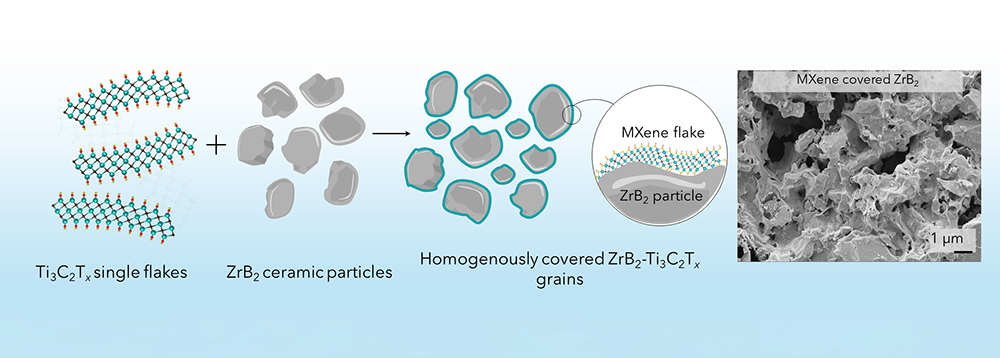The Center of Innovation in Nanobiotechnology, located in North Carolina, is going to be using a new $2.5 million grant to bring to market some of the biotech discoveries being made at universities in the state.
The grant – which actually represents a “Phase II” grant – is from the North Carolina Biotechnology Center. NCBC started the COI program in 2008, “to together North Carolina’s best scientific and technical minds in the life sciences. This program is designed to focus the state’s efforts in biotechnology research, development and commercialization in targeted industrial sectors important to economic development and job creation . . . (NCBC) will work with university researchers, technology transfer offices, industrial partners, non-profit stake holders as well as regional and state-wide community leaders to establish nine Centers of Innovation (COI). Initial Centers of Innovation will complement efforts already under way in the state to align academic and industrial resources.”
COIN is just one of several “Centers of Innovation” in North Carolina. So far, NCBC has funded four with $100,000 Phase I seed monies. The other centers are the Advanced Medical Technology Center of Innovation, the Marine Biotechnology Center of Innovation and the Drug Discovery Center of Innovation.
COIN used the Phase I funds to hire an executive director and forge a business plan. This Phase II round of funding is to be used to let COIN mature and spin itself off from NCBC as a self-sustaining entity.
Three universities initially played major roles in the in the beginning of COIN: North Carolina Agricultural and Technical State University, the University of North Carolina at Greensboro and Wake Forest University. Now, Duke University, North Carolina State University, the University of North Carolina at Chapel Hill and UNC-Charlotte are being brought into the picture.
In a NCBC news release, Gwyn Riddick, director of the Biotechnology Center’s Piedmont Triad Office, is quoted as saying, “This is the first major grant developed jointly by these three research universities. In developing nanobiotechnology, we aim to create a strong, region-specific science brand for the Piedmont Triad and the state.”
Brooks Adams, COIN executive director, says in the release that, “Our mission is to connect the dots in the world of nanobiotechnology, including academic and industry researchers, entrepreneurs, managers and investors. This center will use nanobiotech to add value, meet market needs, solve problems and benefit humanity. The result will be economic growth and job creation across the state.”
According to its website, NCBC is a private, non-profit corporation supported by the state’s General Assembly.
CTT Categories
- Biomaterials & Medical
- Education
- Nanomaterials


